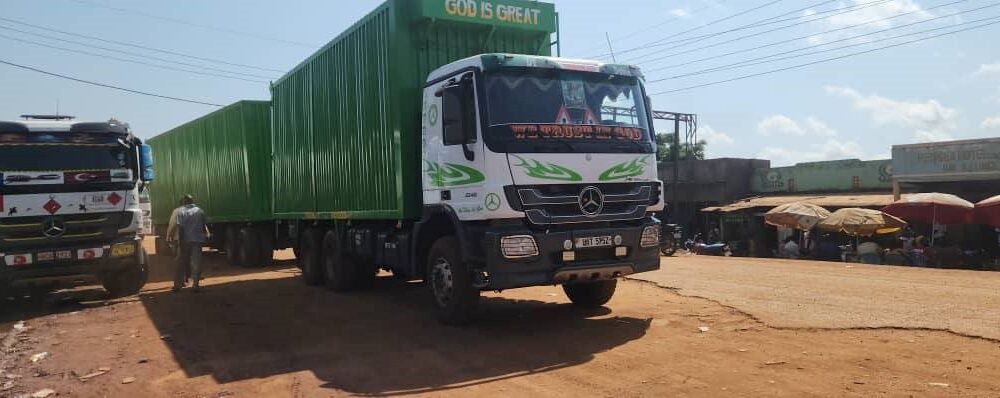By Philip Buda Ladu
South Sudan National Bureau of Standards (SSNBS) has re-exported five trucks of grains at Nimule Port of Entry.
The incident on Tuesday June, 3rd, 2025, reflects unwavering commitment of SSNBS to safeguard consumers against unhealth products.
This action follows a series of recent interceptions and comes on the heels of SSNBS’ new stringent import regulations implementations.
In a statement, SSNBS stated that the five trucks included two carrying sorghum infested with live insects and three loaded with maize flour found to contain aflatoxin levels exceeding permissible limits.
Both conditions pose significant risks to public health, according to the SSNBS.
“The SSNBS remains steadfast in its commitment to safeguarding public health and consumer safety by enforcing national quality standards on all imported goods,” the SSNBS statement read. “Our mandate is clear: to ensure that only safe, high-quality, and standard-compliant products enter the South Sudanese market.”
This latest re-exportation highlighted the SSNBS’s intensified efforts to curb the influx of substandard goods.
Late last month, the SSNBS, under the directive of Executive Director Gloria Nyoka Joseph, mandated an immediate and comprehensive Pre-Export Verification of Conformity (PVoC) program.
This program requires a valid Certificate of Conformity (CoC) for all goods entering the country, issued by authorized international pre-shipment conformity assessment service providers from the country of origin or export.
The PVoC program, announced in a public notice on May 23, 2025, aims to safeguard consumer health, ensure product quality, and combat the persistent entry of substandard, adulterated, and counterfeit commodities.
Accordingly the SSNBS Act (2012) empowers the bureau as the leading agency for standards and conformity assessment, with a clear mandate to protect consumer safety and health security.
“This measure is part of our ongoing efforts to ensure the safety, quality, and compliance of imported products with national standards,” the SSNBS stated in its earlier public notice.
The implementation of PVoC is a direct response to ongoing violations of both the National Bureau of Standards Act (2012) and the Weights and Measure Act (2012) by non-compliant imports.
Previously the SSNBS has warned that goods arriving without a CoC will face penalties at all entry points, with repeat offenders facing further legal action.
The PVoC program is being strictly enforced at all major entry points, including Nimule border, Juba International Airport, Nadapal, and Kaya border.
This significant policy shift follows a series of successful interceptions by the SSNBS, highlighting the urgent need for stricter import controls.
In May, the SSNBS intercepted and turned back 11 trucks carrying substandard fuel at the Nimule border crossing after rigorous quality assessments revealed the fuel failed to meet East African Standards.
Prior to that, in late April, the bureau re-exported 1,800 bags of maize flour that violated East African Standard (EAS) No. 44:2019.
Furthermore, on April 9, 2025, a consignment of non-compliant yellow peas and maize grains was intercepted and disposed of at the Nimule border due to physical damage, high impurity levels, and poor overall appearance.
As such these repeated actions demonstrate a strengthened commitment by the SSNBS to enforce quality regulations and protect South Sudanese consumers from the dangers of substandard goods.
The SSNBS reiterates its call to all importers, partners, stakeholders, and the general public to strictly adhere to national quality and safety regulations to ensure the well-being of the South Sudanese population.




